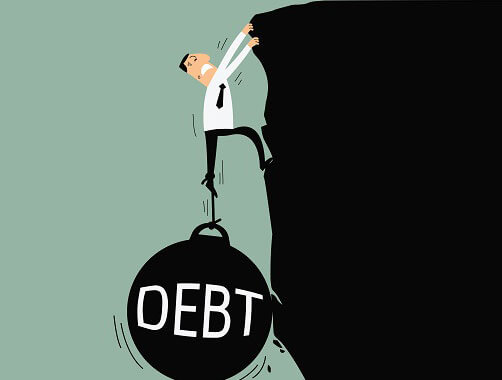Should Fines Be Based Off of Income?

Since the inception of the American legal justice system, fines have typically been imposed without regard to an offender’s income. Recent debate over a potential income-based fine system has led many to question whether a one size fits all approach is fair.
The debate over income-based fines has broiled over the years. Proponents cited the unequal financial burden the current system placed on low-income offenders. A $50 fine may be insignificant to the wealthy. To individuals living paycheck to paycheck, this fine could cost their week’s groceries. It may seem logical to implement a system where fines are paid proportionate to a person’s means. Germany, Finland, France and Denmark all utilize a graduated income-based fine system, or “day fine,” which sets a minimum fine value that increases alongside an individual’s personal income. This system prioritized fairness and equity for all before the eyes of the law. The degree someone experienced fines remained constant regardless of economic status.
A day fine system offered other benefits. An income-based fine system would improve compliance by making it more difficult for wealthy individuals to evade punishment for petty crimes. In a study, the Fines and Fees Justice Center found that adopting a new system could increase revenue intake for the American criminal justice system. While decreasing delinquent expenditures, the government can lower the number of individuals incarcerated for their inability to pay off fines.
The chief complaint against a day fine system lies within the principle of equality before the law. All individuals should be held to the same standard, regardless of their financial position. While a person who makes twice as much as another person may be better endowed to shoulder a heavier fine, that does not mean they should. A day fine system also neglects consideration of circumstances. A wealthier individual may be paying off debts which would prohibit them from paying a large fine. Opponents also argued that the process of converting to a day fine model would be far too complex for the benefits. The change could strain the current criminal justice system.








